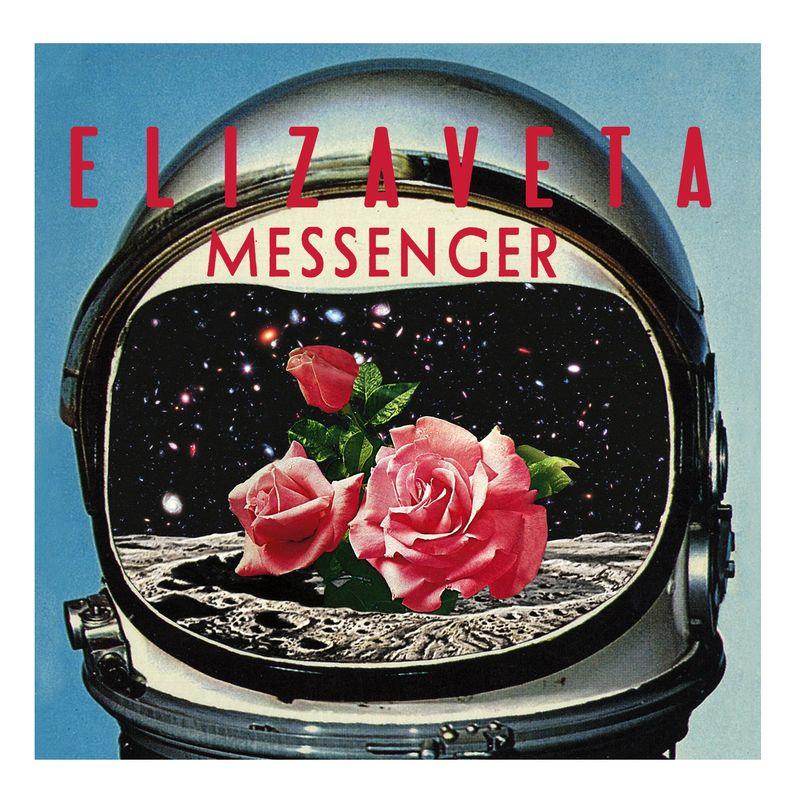Elizaveta’s album Messenger contrasts with her initial album Trap
Elizaveta’s album Messenger was fully released July 29,2015.
March 30, 2016
Elizaveta’s Messenger commences with a delirious, hazy reflection coupled with a soft piano riff. This sets the tempo for most of the song. Its synthesizers rise in the end with more rage rising and understanding growing in her soprano two voice- as a bird taking flight, yet always close to surface.
Elizaveta Khripounova, a Russian opera-pop singer, was originally from New York City and was raised in Moscow, Russia with a bright interest in pursuing music. Commonly known as simply “Elizaveta,” little is known about her, for she keeps a relatively private life. When “Messenger,” fully released on June 29, 2015, it was clear that though this album had new and interesting differences, it still managed to hold many of the fundamentals that makes Elizaveta so spectacular.
“Trap,” appropriately named by Elizaveta, and the initial track off of her recent album Messenger, sets a tone of helplessness and forlorn. The first track is followed by rhythms of uplifting willpower and the prospect of tomorrow (“Messenger” and “Time of your Life”), clearly contrasting its original feel. Elizaveta, with hits including “Beatrix Runs” and “Dreamer,” has a thoughtful, melodic music style that does not quite fit into one particular category. With a background of opera and with a tune of pop and bits of electronic sprinkled, Elizaveta liberates herself from a genre, allowing her music and herself to get lost in the passion. If you like Florence + the Machine, Ellie Goulding, or Sara Bareilles, there is a good chance you would like Elizaveta. If this is not the case, then you should still look into her music and remain open-minded in feeling, as she does in each and every song.
These fundamentals you may ask? Well, these fundamentals lie in the deep pain that Elizaveta expresses. However in other songs, she displays an air of power and control of the situation. In the second half of the album, during “These Stupid Games,” Elizaveta describes the betrayal which she has faced- leading her to hit back– no, to in fact chant back in reluctance towards the situation. Music is the remedy for many, and this is the way the character(s) in Elizaveta’s songs take on their problems: through sung words and retorts.
In “Bella Anima,” Elizaveta displays more of an operatic approach; this evangelical presence clearly overwhelms her with great joy. Yet, an element all her songs hold, you never know if you can trust this mysterious entity that is behind the music. Elizaveta gives all her life to these beings that haunt her, only to grasp back what has been taken of her.
Nonetheless, as the album progresses, it becomes uplifting once again. The album finalizes with an airy, chant “Space Pirate’s Love Song” that sends the listener into a state of hope and atmospheric hallucination. Sadly, this momentary happiness is only once again met by doom with “Trap (J Paul Remix).” Essentially this is the same as the first song of Messenger entitled “Trap,” yet with a heavier synthesizer as opposed to a dull pang. You do not realize it until later as the song progresses back into panic of “the march to the enemy” stereotypical theme song, that this consumes her and her dignity…or so she leaves us to think.
Now what purpose does this last song serve? That no matter what Elizaveta faces– complete ecstasy, a new sense of confidence, or a subordinate slave to dark forces unknown– she must know that they will follow her wherever she walks.
Perhaps we all have these states of feeling that “all hope is lost.” But in the end we renew with a revamped and redefined power that helps us carry on, no matter what state we find ourselves in. We need the bubbly song with the gruesome ballad because as human beings- we all need a balance. Even with the album name, “Messenger,” it demonstrates the transporter of these feelings. And with the song, “Messenger,” this carries on. With lyrics like “We are the future/ We are the light,” Elizaveta makes it clear that though there will always be adversities, an overall positive outcome can be reached, returning us back to our senses and a true reality. For Elizaveta, reality will always exist through a tune.







